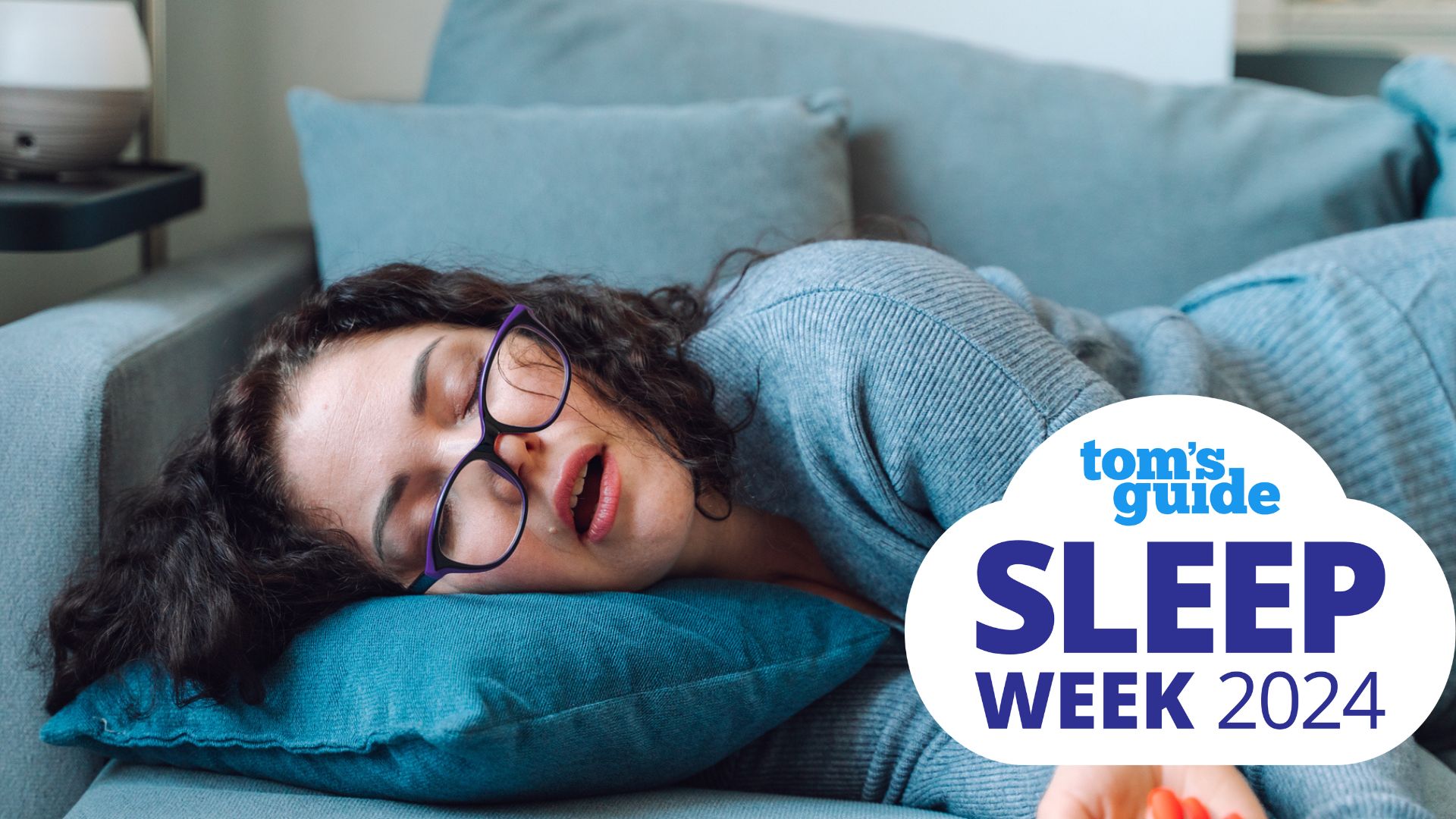
If you've recently stated snoring (or your snoring has got worse) you're probably wondering why. You next question will likely be — how can I stop snoring? Age, illness and pregnancy can all cause snoring. However, sleeping on one of the best mattress for side sleepers can reduce the amount that you snore.
Chronic snoring can diminish sleep quality, not to mention disturb anyone you share a bed with, so it's understandable to want to investigate why you're snoring, and how you can stop.
To coincide with Sleep Awareness Week 2024, we spoke to Dr Raj Dasgupta, Chief Medical Advisor for Sleep Advisor, and Dr Shereen Lim, a Perth based dental specialist in airway health, to find out why we snore, what we can do about it, plus when snoring can be a symptom of something more serious.
Why have I started snoring?
Snoring can begin or worsen at any stage in our lives, but is closely linked to the following:
- Pregnancy
- Recent weight gain
- Advancing age
- Nasal congestion
- Alcohol consumption
- Sleep position
"If you've noticed a recent increase in the amount you are snoring, it might be linked to factors like your sleep position, recent weight gain, or having nasal congestion,”explains Dr Raj. “Lifestyle habits such as drinking alcohol or smoking before bed can also impact how much you snore.”

In addition to the above factors, snoring also becomes more common as we advance in age. This is due to a gradual loosening of the throat muscles. In women, menopause related hormonal changes can cause a spike in snoring.
“[Snoring] becomes more apparent with age due to weight gain, reduced tone of the tongue and other throat muscles, and hormonal changes,” says Dr Lim.
What causes snoring during pregnancy?
Snoring is prevalent during pregnancy. “Snoring can start or worsen during pregnancy due to fluid retention, weight gain, hormonal changes, and changes in blood flow that may increase nasal congestion,” explains Dr Lim.
But while we can be quick to dismiss snoring as a mere annoyance, Dr Lim urges those who have started snoring during their pregnancy to discuss it with their obstetrician.
“Snoring associated with Obstructive Sleep Apnea during pregnancy has been linked to increased risk of high blood pressure, pre-eclampsia, pre-term births, and low birth weight babies,” she explains. “It is worth discussing any snoring with your obstetrician.”
What happens when we snore
To find out why you’ve started snoring, it’s a good idea to gain a better understanding of exactly what happens when you snore. “Snoring is a sign of increased resistance to airflow as it passes through a narrowing in our nose and throat,” says Dr Lim, who explains that the narrowing is related to a combination of:
Snoring is one of the biggest red flags of Obstructive Sleep Apnea
Dr Shereen Lim
• swelling inside the airway: such as nasal congestion, enlarged adenoids and tonsils, or fat deposits accumulating in the tongue and throat.
• small jaws: which represent the other framework of the airway, floor of the nose, or housing for the tongue.
• reduced muscle tone: floppiness of the airway that occurs during sleep, in addition to open mouth breathing, muscle relaxants including alcohol, or menopause related hormonal changes.

When snoring is cause for concern
“Snoring itself is generally normal, but if it becomes excessively loud, includes choking sounds, or leaves you feeling extremely tired the next day, these could all indicate that the snoring is indicative of a more serious sleep problem,” explains Dr Raj.
Loud snoring, especially when in conjunction with choking and gasping and daytime lethargy, is a key symptom of sleep apnea. "Snoring is one of the biggest red flags of a largely undiagnosed condition called Obstructive Sleep Apnea," says Dr Lim. "This is characterized by repeated obstructions of the airway and drops in oxygenation.
If you think you could have sleep apnea, seek advice from your doctor. If left untreated, sleep apnea can leave sufferers at an increased risk of developing diabetes and cardiovascular problems, including high blood pressure stroke.
3 quick tips for stopping snoring
Snoring can diminish sleep quality for the sufferer, as well as disturbing anyone in the near vicinity. So, after ruling out sleep apnea, you'll likely want to know how to stop snoring.
It isn't always possible to cure your snoring habit entirely, but there are methods at your disposal to at least curb your noisy habit. They include:
1. Sleep on your side: Your sleeping position can influence if you snore, and how much. One of the best mattresses for side sleepers will cradle your body in the side sleeping position, relieving pressure on your throat and airways.
2. Elevate your head: For those who are unable to sleep on their side, sleeping on your back with your head elevated will help reduce the pressure on your throat. The best pillow for snorers will be one with a high loft, keeping your head elevated from the mattress. Alternatively, you could try stacking the existing pillows that you already have.
3. Clear your nasal passageways: Nasal congestion can cause or worsen existing snoring, so clearing your nasal passageways can help reduce the amount you snore. Over the counter Breath Right strips can help widen the nasal passage, while nasal decongestant sprays can help unblock your nose.







